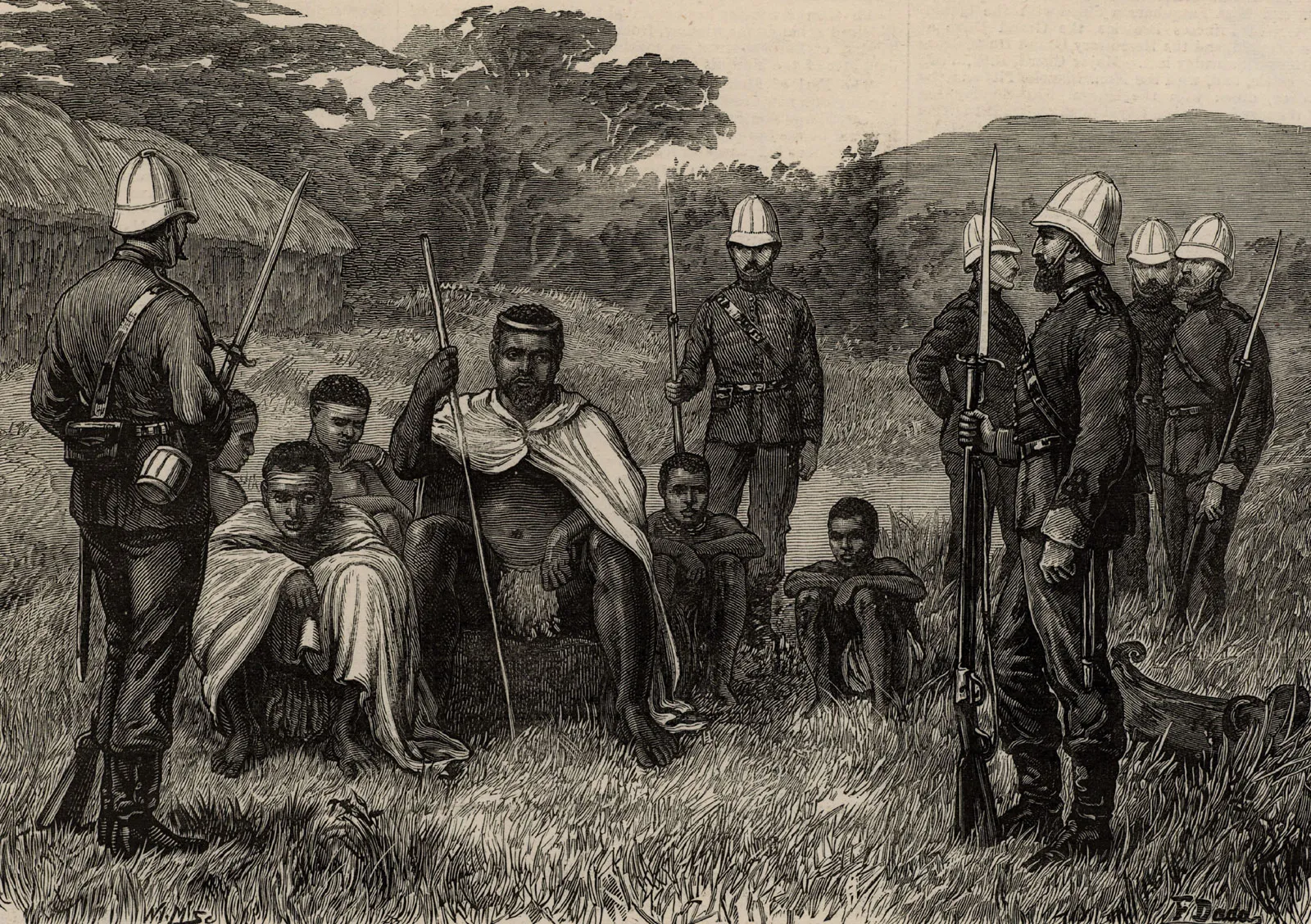
In history, the assimilation of indigenous populations into European cultural norms and values stands as a dark chapter. Across Africa, these policies were ruthlessly enforced, leading to the erasure of traditional languages, customs, and belief systems. Today, the legacy of this cultural assimilation process looms large, leaving many African communities grappling with profound questions of identity and heritage.
During the colonial era, European powers imposed their cultural hegemony on the African continent with an iron fist. The goal was clear: to reshape indigenous societies in the image of the colonizers, eradicating any semblance of traditional identity in the process. This often meant outlawing native languages, banning indigenous religious practices, and coercing adherence to European norms and values.
One of the most devastating consequences of these policies was the systematic suppression of indigenous languages. Colonial authorities imposed European languages as the sole medium of instruction in schools and official communication, relegating native tongues to the status of inferiority. As a result, countless African languages faced extinction, severing the vital link between generations and erasing millennia of cultural heritage.
Moreover, traditional customs and belief systems were demonized and marginalized, branded as primitive or backward by colonial rulers. Indigenous practices that had sustained communities for generations were actively suppressed, leading to a loss of cultural autonomy and spiritual connection.
The repercussions of this cultural assault are still keenly felt in African societies today. Many communities find themselves caught between the pull of their ancestral heritage and the pressures of assimilation into a globalized, Eurocentric world. The erosion of traditional languages and customs has created a profound sense of disconnection from cultural roots, leaving individuals and communities grappling with a fragmented sense of identity.
However, despite the enduring impact of colonial assimilation policies, there is a growing movement across Africa to reclaim and revitalize indigenous languages, customs, and belief systems. Efforts to preserve endangered languages, celebrate cultural traditions, and reclaim ancestral knowledge are gaining momentum, offering a glimmer of hope for the restoration of cultural pride and identity.
As Africa continues to navigate the complexities of post-colonial identity, it is imperative to confront the legacies of colonialism head-on and work towards a future where all voices, languages, and cultures are valued and celebrated. Only through acknowledging and honoring the richness of Africa’s diverse heritage can true reconciliation and healing begin.
